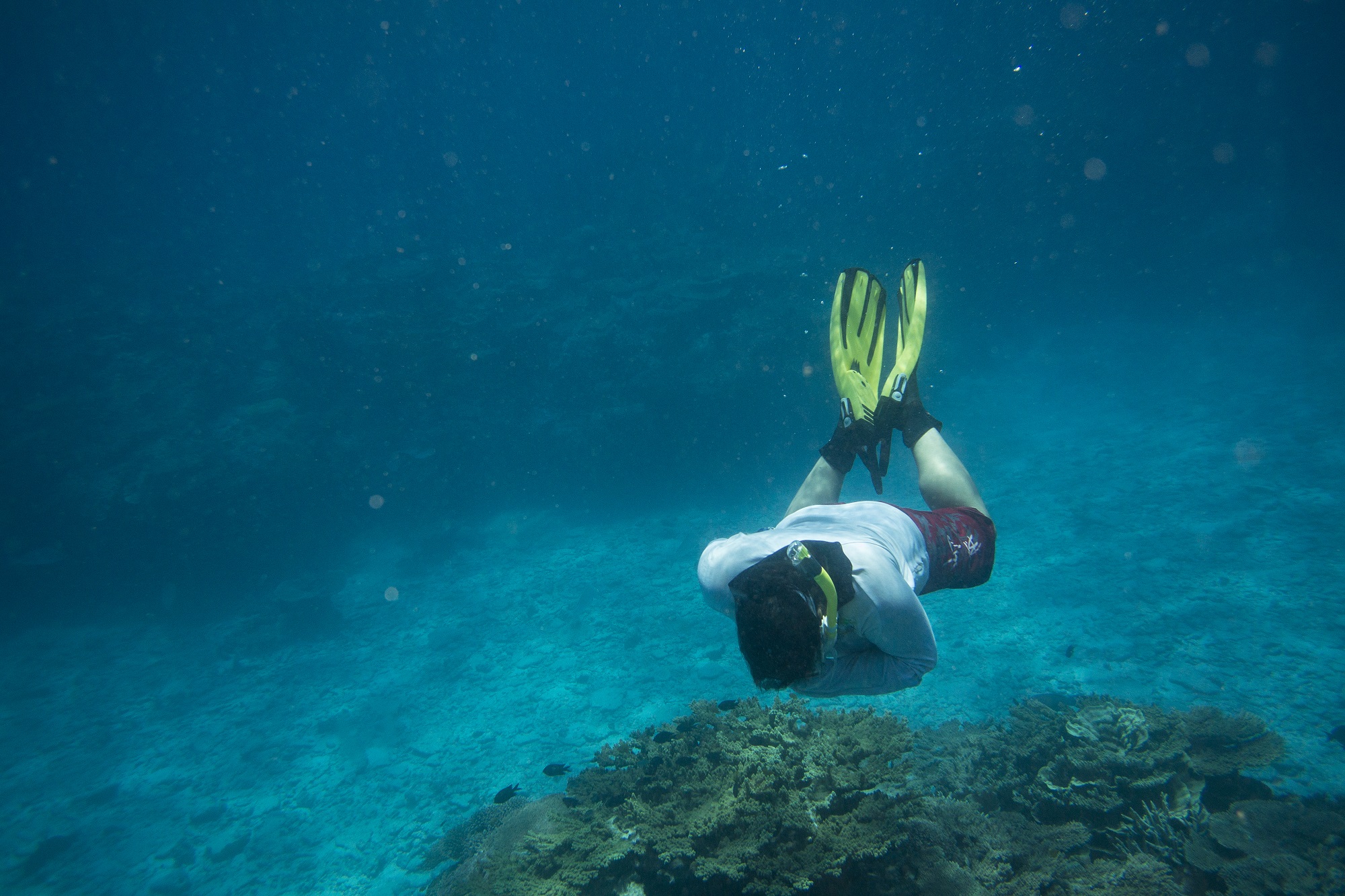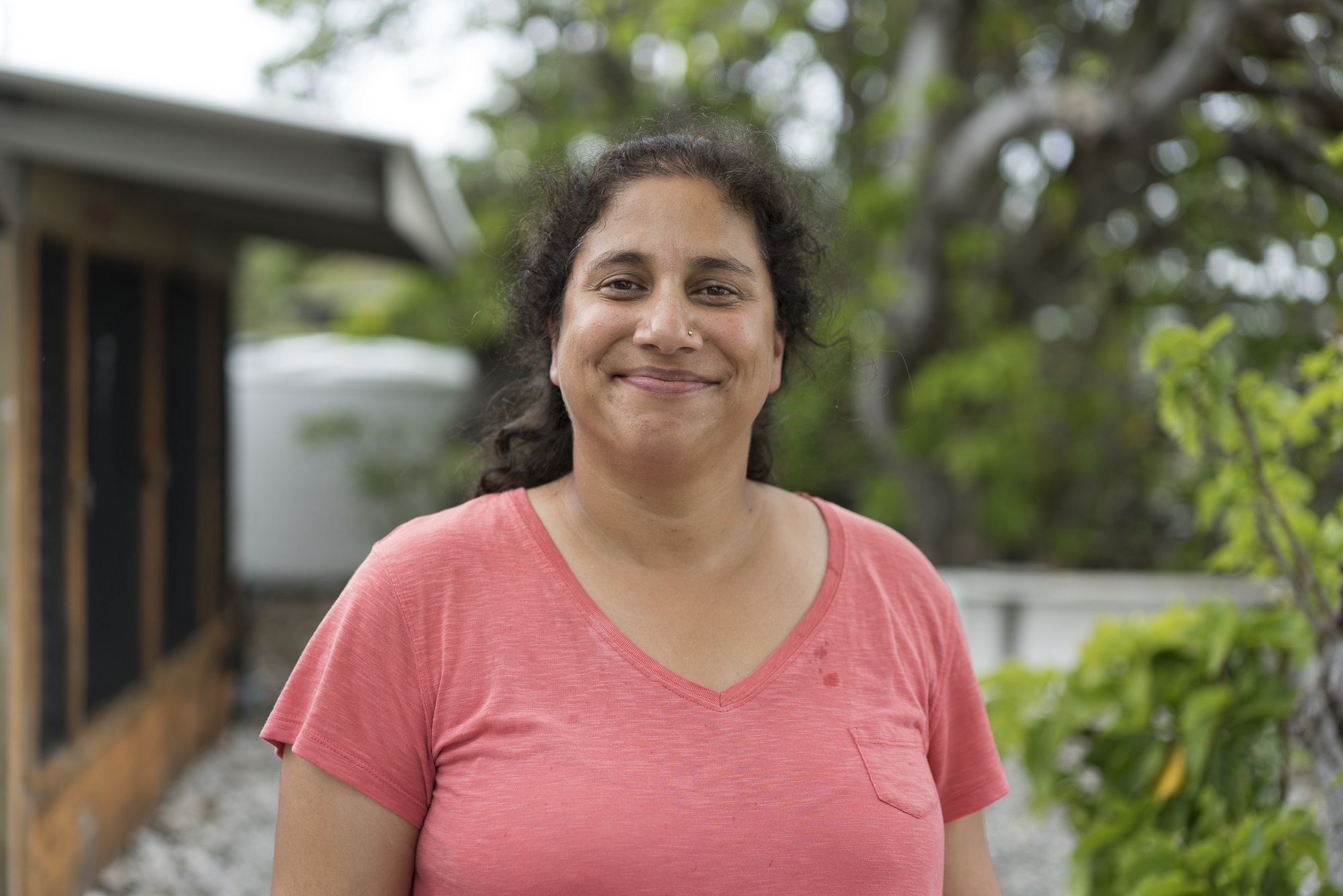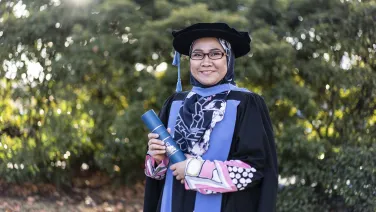A drop in the ocean: Dr Mallela’s mission to protect the reefs
“It’s absolutely shocking to dive on a reef that you know well, and just see it turn white in the space of a week.
“It’s the scariest thing I’ve ever seen in my life.”
As an environmental scientist, no one is more aware than Dr Jennie Mallela of the importance of coral reefs, and the devastating effect that pollution and climate change are having on reefs around the world.
“Coral reefs are really important for human societies,” explains Dr Mallela. “They feed us, protect our shorelines from coastal erosion during storms, take out up to 90 per cent of the wave energy during extreme weather events in the tropics, and protect us from cyclones, hurricanes and land erosion.”
“There’s economic benefits in tourism and job creation too,” she adds. “They’re not just pretty things to look at and dive around.”
But sadly, the recent changes in climate and increased pollution have been taking their toll on the coral reefs, which are not looking as healthy as they once did.
“If you think of any animal, when fed a very poor diet of polluted food—like contaminated water for coral—they’re going to get very sick.
“And then if you were to subject that animal, which is already suffering from food poisoning, to heat stress—global warming in this instance—the system is just not going to cope.”
Dr Mallela and her team from the ANU Research School of Biology and the ANU Research School of Earth Sciences want to improve the resilience of coral reefs when they’re under extreme heat stress, by ensuring that the water and the eco-systems they live in are clean and healthy.
On a recent trip to Fiji, Dr Mallela was looking at how local land use could be improved to improve overall reef health in the area.
“What we’ve been doing in conjunction with the local villagers and local communities is identifying reefs that are important to them, and reefs that they think might be really struggling.
“The local communities have picked up on things like the condition of the water. They’ve noticed that it’s a lot dirtier, and that the fish are smaller than when their grandparents used to fish in the same location.
“We’ve let the local communities identify the priority areas, and we’re collecting the background coral reef and ecological data just to verify what they’re seeing.
“This will enable us to put in place local management options that can help people protect their local reefs.
“What we’re seeing is that when reefs have clean water, and the temperature drops to normal levels again, there are signs that the corals can continue to grow and be reproductive.”
Dive in and learn more about our coral reefs on the Coral Reef Field Studies course, held on One Tree Island.



